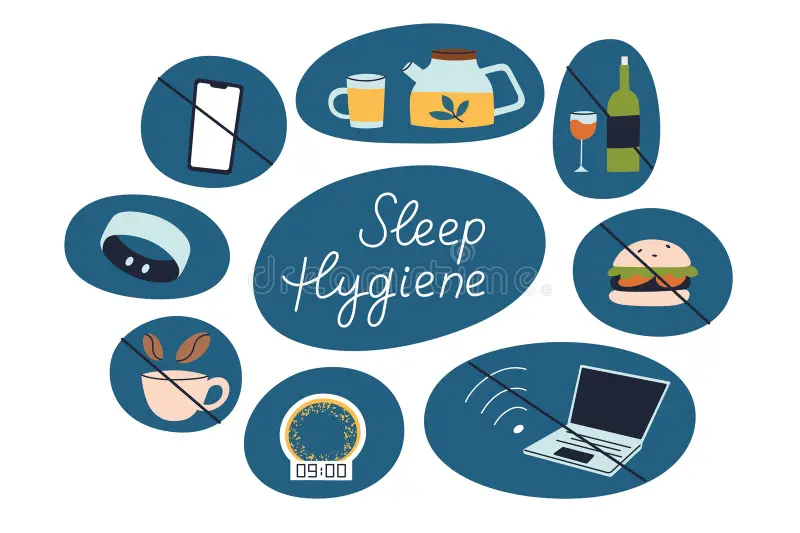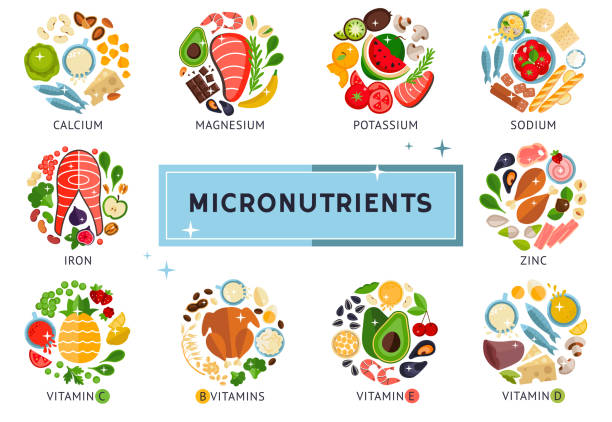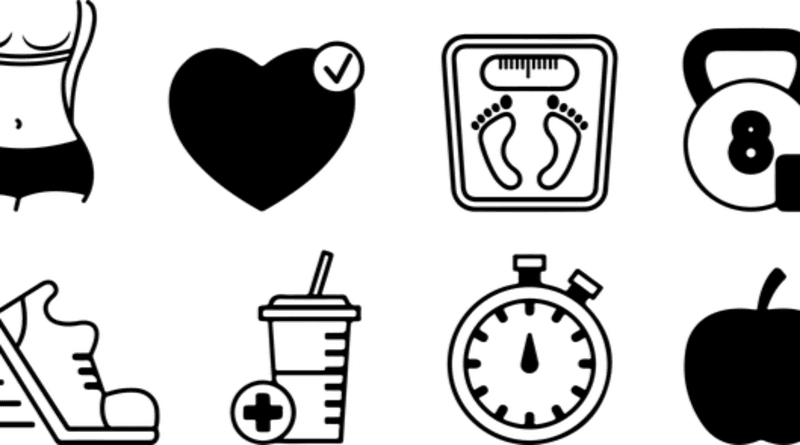STEP 1: WORKING ON YOUR DIET
Losing weight is a journey toward healthy living, not the end goal. Every time we hear the word “weight loss,” we picture growing muscle and decreasing fat. However, it’s more than just that. Checking your vitamins, minerals, bone density, immunity, and other factors is essential for following a healthy diet.
The most important aspect of human health is diet. A diet is simply the way you eat food; it is not synonymous with healthy eating. Unhealthy diets include those high in simple carbohydrates and trans fats. To maintain good health, follow these principles:

- Eat more often but in smaller portions
- Choose farm-fresh foods over processed foods—for example, opt for whole wheat instead of refined carbohydrates like white flour or pizza crust
-Minimize food processing as it depletes essential nutrients - Practice mindful eating—focus less on calories and more on eating attentively
- Eat until you are 80% full—this habit helps with portion control and supports weight loss
Following these dietary guidelines can help in losing inches and maintaining a healthy lifestyle.
STEP 2: ENGAGING IN PHYSICAL ACTIVITY
Physical activity is essential for weight loss and overall health. It’s not just about hitting the gym or joining a Zumba class—any form of movement benefits your body. The goal is to activate the lymphatic system, which helps flush toxins and burn fat efficiently.
You don’t need to be a professional athlete or dancer to stay active. Here are some simple ways to incorporate movement into your daily routine:

- Take long walks
- Engage in fun activities like dancing or sports
- Try home workouts or bodyweight exercise
- Use stairs instead of elevators
- Stay consistent with movement throughout the day
Making physical activity a regular part of your lifestyle enhances overall fitness and promotes sustainable weight loss.
STEP 3: SLEEP HYGIENE
Observing your sleep cycle deeply, you will realize that your body is actually working hard while you sleep—it recovers, resets, and reprograms itself. Your body goes through five sleep cycles, each lasting 90 minutes, transitioning between REM (Rapid Eye Movement) and Non-REM phases. Think of your body as a machine and sleep as its charger—the better you charge it, the better it functions throughout the day.
Melatonin is a sleep hormone essential for sound sleep. If your body lacks melatonin, you may experience disturbed sleep patterns. Some key factors that negatively affect melatonin production include an unhealthy diet and excessive screen time. To promote better sleep, avoid gadgets just before bedtime.
Certain foods can help boost melatonin production, including:

- Eggs
- Milk
- Fish
- Nuts
- Kiwi
- Cinnamon
Incorporating these into your diet can enhance sleep quality and overall well-being.
STEP 4: WORKING ON YOUR MICRO-NUTRIENTS
Micronutrients are essential nutrients required in small amounts but provide significant benefits. Key micronutrients include iron, calcium, Vitamin B12, and Vitamin D3. A well-balanced diet can help meet these nutritional needs effectively.
Micronutrients play a crucial role, especially if you are struggling with weight loss or a weight plateau. Here are some rich sources of these vital nutrients:
-Calcium-rich sources: Ragi, chia seeds, makhana, fenugreek, milk, and dairy products
-Iron-rich sources: Dates, jaggery, green leafy vegetables, figs, and raisins

- Vitamin B12 & Vitamin D3: These nutrients can be supplemented if needed to ensure optimal levels in the body.
Ensuring adequate micronutrient intake supports metabolism, energy levels, and overall health.
STEP 5: MENTAL HEALTH
While we often focus on physical health as a parameter for healthy living, mental health is equally crucial for overall well-being. Managing stress effectively is key, as high cortisol (the stress hormone) levels can hinder weight loss and lead to unhealthy eating habits, particularly cravings for sugar-laden foods. When the body is under stress, it shifts into a “fight-or-flight” mode, making it harder to lose weight.
One of the best ways to support mental health is by caring for your gut health. Around 90% of serotonin (the feel-good hormone) is produced in your gut. Taking care of your pre and pro-biotics will help.

Hence, working on your diet, engaging in physical activity to manage your stress, and working on your nutrients with sound sleep are key to losing weight.

